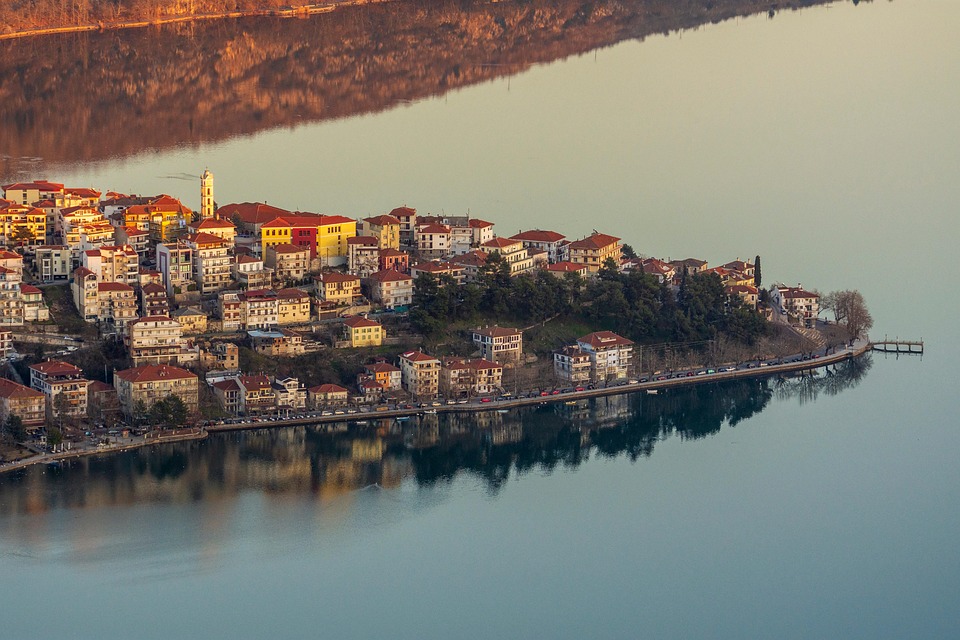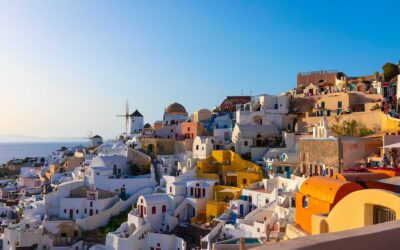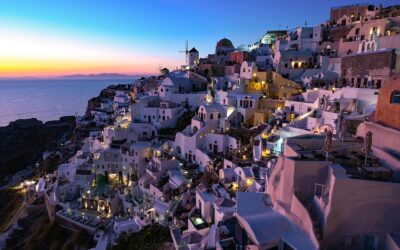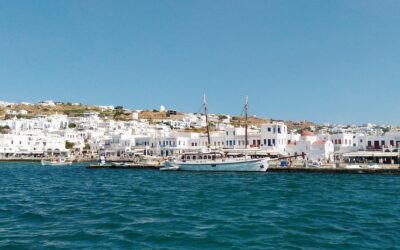
Greece, a land rich in history and culture, is renowned not only for its stunning landscapes and ancient ruins but also for its vibrant festivals. These celebrations, deeply rooted in tradition, offer a window into the soul of Greek society, showcasing its customs, folklore, and communal spirit. From religious observances to lively agricultural fairs, Greek festivals celebrate the rhythm of life, reflecting the nation’s multifaceted identity.
Religious Festivals
Many of Greece’s most significant festivals are tied to the Orthodox Christian calendar, which plays a central role in the cultural fabric of the country.
Easter (Pascha)
Easter is arguably the most important religious celebration in Greece. Greek Orthodox Christians observe a series of customs leading up to Easter Sunday, starting with Lent. The week before Easter, known as Holy Week, is filled with ceremonies, culminating in the midnight resurrection service. Families gather to celebrate with traditional foods, including lamb, red-dyed eggs, and sweet bread known as “tsoureki.” The festive atmosphere is marked by fireworks and the ringing of church bells, signifying the joy of the Resurrection.
Feast of the Assumption (Dormition of the Virgin Mary)
Held on August 15, this feast is another major religious observance. In many villages, locals participate in a litany, followed by feasting and dancing. Celebrations often include the preparation of special pastries and communal gatherings, emphasizing family and community bonds.
Cultural Festivals
Beyond religious events, Greece hosts a variety of cultural festivals that pay homage to the nation’s rich landscape and history.
Athens Epidaurus Festival
One of the most prestigious cultural events in Greece is the Athens Epidaurus Festival, which runs from June to August. It features performances of ancient Greek dramas, contemporary plays, and concerts in iconic venues, including the Ancient Theatre of Epidaurus. The festival not only celebrates the performing arts but also encourages the preservation of Greece’s dramatic history and traditions.
Thessaloniki International Film Festival
Every November, the city of Thessaloniki transforms into a hub for cinema enthusiasts during its International Film Festival. This event showcases a diverse range of films from Greece and around the world, promoting emerging filmmakers and fostering a love for the cinematic arts among the local community.
Agricultural Festivals
Many Greek festivals celebrate local agriculture, honoring the connection between the land and its people.
Olive Oil Festival
In regions such as the Peloponnese and Crete, the Olive Oil Festival celebrates the harvest of olives and the production of olive oil. Visitors can enjoy tastings, cooking demonstrations, and workshops, learning about the significance of olives in Greek cuisine and culture. These festivals often foster community spirit as locals come together to showcase their culinary talents and shared heritage.
Grape Harvest Festivals
In the fall, many regions, particularly in Santorini and Nemea, host grape harvest festivals, celebrating the wine-making tradition of Greece. These festivals are characterized by grape stomping, wine tastings, and traditional dances. They provide an opportunity for communities to celebrate agriculture while sharing their cultural identity with locals and tourists alike.
Local and Traditional Festivals
Many towns and villages have unique festivals that reflect their specific traditions and histories.
Karnevalia (Carnival)
The Greek Carnival, known as "Karnevalia," occurs before Lent and features colorful parades, masquerade balls, and street parties. The most famous celebrations can be found in Patras, where participants wear elaborate costumes and partake in a plethora of festivities.
The Aghios Georgios Festival
Celebrated in various villages across Greece, the Aghios Georgios Festival honors Saint George with processions, music, dancing, and local delicacies. This festival exemplifies community spirit, as residents join together to celebrate their patron saint.
Conclusion
Festivals in Greece are more than mere celebrations; they encapsulate the essence of Greek identity, connecting people through shared experiences, customs, and values. Whether through religious observances, cultural performances, or local traditions, these festivals offer an opportunity for Greeks to celebrate their heritage and foster a sense of belonging. Visitors to Greece can immerse themselves in these vibrant festivities, gaining deeper insight into the country’s rich culture and the warmth of its people. As long as these traditions endure, the spirit of Greece will continue to thrive, uniting generations in joy and celebration.










